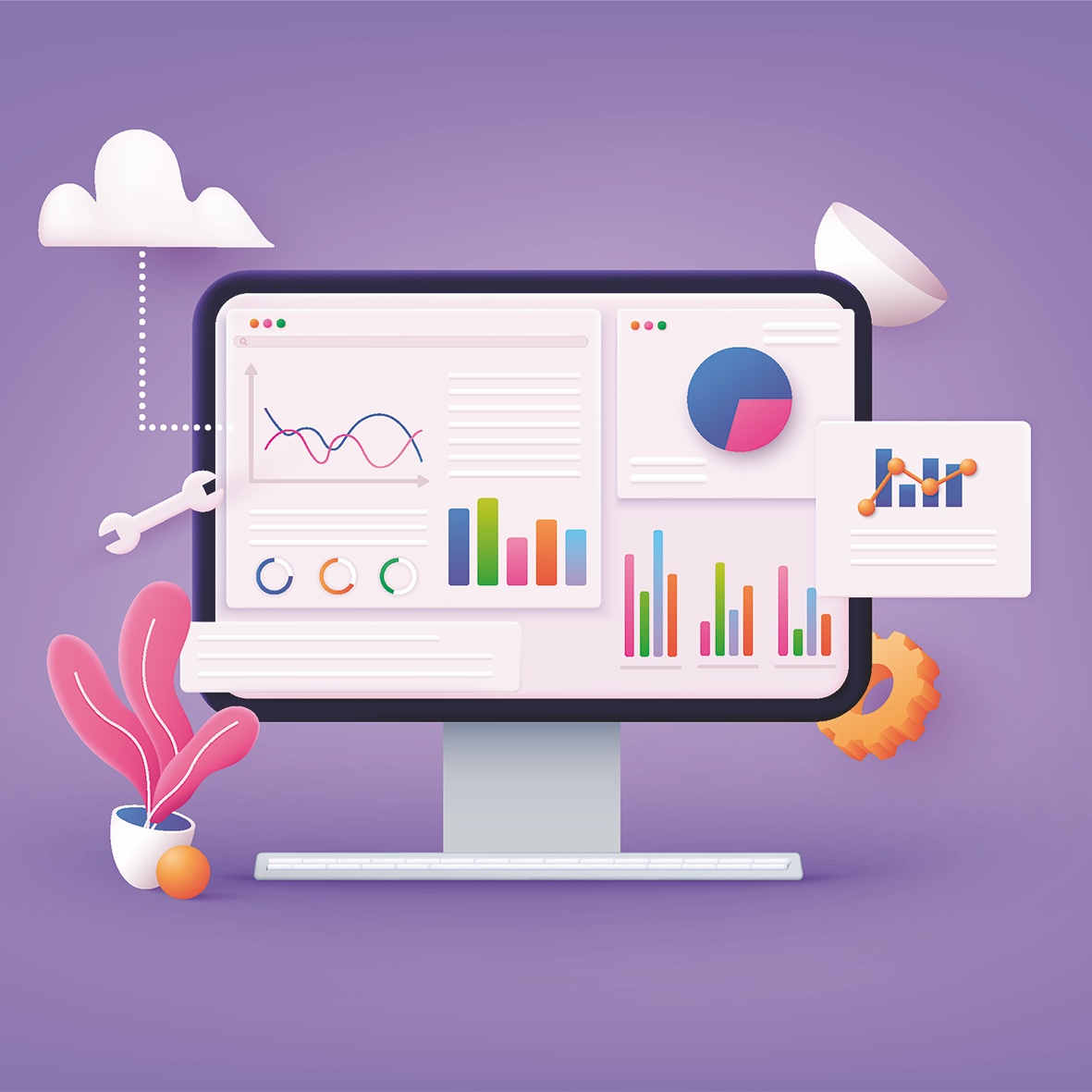This program introduces core models and concepts in macroeconomics, focusing on how economies react to shocks like policy or technological changes. Students will learn about economic fluctuations, such as changes in unemployment and inflation, and examine how competition and price flexibility shape these responses. The program also explores household heterogeneity, teaching students why individual consumption and saving behaviors matter for broader economic outcomes. By the end, learners will be able to analyze stabilization policies and solve macroeconomic models using advanced methods.What you will learn:Analyze Economic Fluctuations: Understand the key models used to explain how economies respond to shocks, such as changes in policy or technology, and their impact on variables like unemployment, inflation, and investment.Evaluate Stabilization Policies: Assess the effectiveness of different stabilization policies, with a focus on how monetary policy can influence prices and unemployment under various economic conditions.Understand the Role of Market Assumptions: Examine how assumptions about competition and price flexibility affect the transmission of economic shocks and the outcomes predicted by different macroeconomic models.Incorporate Household Heterogeneity in Models: Learn the importance of households’ individual consumption and saving behaviors in macroeconomic analysis, and how heterogeneity shapes overall economic outcomes.Apply Numerical Methods in Macroeconomics: Gain practical skills in writing and solving macroeconomic models with heterogeneity using state-of-the-art numerical techniques, equipping students for advanced analysis in macroeconomic research.This program is part of a series that includes three other programs in Economics and Finance: "Finance", "Labor, Development & Policy Evaluation" and "Market Analysis". The program is designed in collaboration with the Department of Economics and Statistics (DISES) of the University of Naples Federico II.In collaboration withThe Department of Economics and Statistics (DISES) at the University of Naples Federico II has a long tradition in training students interested in pursuing a career in academics, policy institutions and the financial industry. The Department currently offers a BA and a MA in Economics, a BA and MA in Finance, a MSc in Economics and Finance (MEF) and a PhD in Economics. Both the MEF and the PhD programs are entirely English-taught. Faculty members work on all major areas of microeconomics, macroeconomics, finance, statistics and mathematical economics. The Department also hosts the Center for Studies in Economics and Finance (CSEF), with which it is fully integrated in research and graduate teaching.

